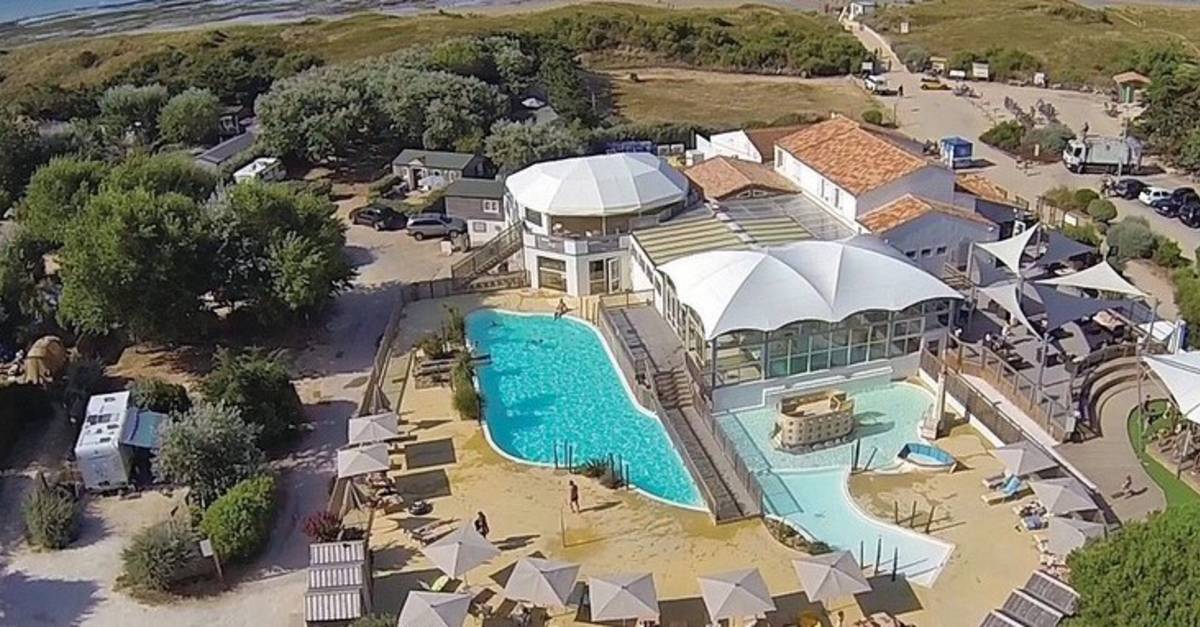How to find a Summer time Camp For Your Children

Selecting the best summer time camp for the child could be a challenging and often overwhelming task. Since there is a apparently endless number of options to consider, matching the perfect camp for your child’s interests, personality, and hectic agenda could be daunting. In addition, being a parent, you will find the responsibility of making certain the camp ground you select for the child is operated inside a safe and appropriate manner for the child’s age and talent levels.
This is a camp selection listing for moms and dads to think about when thinking about summer time camp possibilities for his or her kids:
1. Find out the camp’s program emphasis. Every camp includes a different philosophy and program emphasis. Some camps promote structured group activities, while some give campers more individualized freedom to select the person activities that attract them. Some camps offer strictly traditional activities, like horse riding and archery, while some may focus solely on sports, drama, or surfing. Or, maybe your son or daughter would achieve an aggressive camp atmosphere whereas another child are the best off taking part in non-competitive camp activities. By knowing your son or daughter’s personality, interests, character traits, and learning style, you are able to better find out the right camp for you personally.
2. Make sure the camp ground is accredited through the American Camp Association. To be able to earn accreditation through the American Camp Association (ACA), camps must comply with as many as 300 best-practice industry standards associated with camper health, safety and program matters vital that you a camp’s operation.
3. Inquire about the camp ground director’s background. To make sure that the camp ground director is qualified, make certain they satisfy the minimum standards set through the ACA. Such standards suggest that camp company directors hold a bachelor’s degree, attend least twenty five years old, have in-depth experience of camp administration, and also have performed in-service training over the past 3 years.
4. Camper-to-counselor ratios. To make certain your son or daughter gets the person attention and supervision she or he needs for age, compare the camp’s counselor-to-camper ratio to ACA standards. For day camps, the overall ratios vary from 8:1 for six, 7 and eight year olds, to 10:1 for 9 to 14 year olds, and 12:1 for campers ages 15 to 17. For sleepaway camps, the overall suggested ratio is 6:1 for 7 and eight year olds, 8:1 for 9 to 14 year olds and 10:1 for campers ages 15 to 17.
(Please be aware, the above mentioned-reported child-to-counselor ratio standards are just ACA’s general, MINIMUM recommendations and could vary based on various situations and/or conditions. Furthermore, there might be additional standards associated with specific programs and/or activities where more supervision might be prudent, otherwise needed. Accordingly, you need to use your personal judgment and conduct your personal research to determine what’s suitable for your child and you.)
5. Question camp staff. Your son or daughter’s counselors could make or break children’s camp experience. Additionally to facilitating camp activities, counselors function as heroines and really should be dependable, reliable, and show enthusiasm for his or her role. For safety reasons, counselors ought to be First aid and cpr-Certified, and also have gone through criminal record checks just before employment through the camp.
6. Accommodation of special needs. If your little one has special needs because of an allergic reaction or any other medical problem, make sure to inquire if the camp ground is outfitted to deal with these special needs for the child.
7. Learn about the way the camp handles discipline. As with any business, rules are essential, and also the camp’s disciplinary approach ought to be fair and freely conveyed. Positive reinforcement, a feeling of fair play and assertive role-modeling are essential factors to consider. If penalties affect certain violations, camp staff should apply them fairly, comfortably and without unnecessary critique.
8. Look into the camp’s references. References can present you with a peek at the encounters others have experienced in a camp, and they’re an essential method of looking at a camp’s history and status. Prior to choosing a camp, the camp ground company directors ought to be prepared to provide references upon request.





